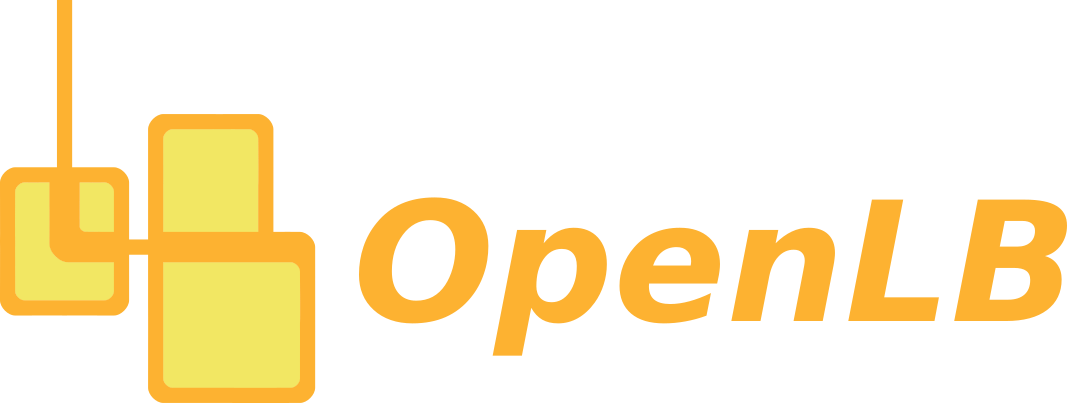Only with the necessary resources for continued maintenance and development can open source software become viable. To ensure a sustainable future for OpenLB, we are taking steps to ensure that OpenLB remains a leading contemporary Lattice Boltzmann solution approach. By supporting OpenLB as an academic or industry user, you contribute to the long-term development of OpenLB and receive dedicated support from the OpenLB core development team.
Support OpenLB to help the software remain and grow. In return, the OpenLB team will support your work. There are three different variants for such a collaboration:
1/ Contribute Directly
Contribute your source code, documentation, and thoughts using OpenLB’s public Git repository available on Gitlab. Contact us and send us your simulation pictures and videos, which we would be happy to share by linking your name as the contributor and your references on our website.
2/ Become a Research Project Partner
Include OpenLB as a project partner in your research project proposal or team up with the OpenLB developers to write a proposal. This is the best option to benefit from the research and scientific expertise of the OpenLB core team and increases the chances of your project being funded. The developers of OpenLB are experts in numerical methods, high-performance computing, and software engineering for CFD problems using Lattice Boltzmann Methods. Reviewers appreciate the highly recognized expertise of OpenLB, as demonstrated by our fast growing number of publications and our vibrant community.
3/ Become a Consortium Member
A consortium membership is the easiest way to support OpenLB. You directly contribute to the development of OpenLB through a fixed amount per year. In exchange, you will receive several benefits, particularly timely and direct support from the core developer team concerning any issues that may arise when using OpenLB.
As an academic consortium member, you can declare the consortium fee, similar to any software license and membership fees, as a direct cost (consumable) in your research proposal (see e.g. Section 2.1 and 2.5 in basic module DFG guidelines). It is also recommended to include the support license as a risk mitigation strategy to highlight that you, as a project lead, have the support for a successful implementation. In addition, as part of the membership, you can leverage the OpenLB website and community for your communication/dissemination activities.
The OpenLB Consortium..
.. aims at
- continuous development and maintenance
- on current standard HPC-Hardware
- based on state-of-the-art LBM
.. offers
- annual spring schools (priority registration and reserved capacities)
- maintenance of the forum (high priority)
- maintenance of the OpenLB website
- support for installation for members (maximum 1 HPC-Cluster p.a., 2 Desktops p.a.)
- an online annual meeting, for the first time in 2023, with the following program:
- presentation and discussion of new research results LBM (2 hours incl. slides as report)
- discussion and naming of OpenLB refactoring priorities
- discussion and naming of priorities of new OpenLB features
- discussion and naming of priorities of new LBM developments
- individual consulting for members, duration: 2 h p.a.
- initiating the publication of the member’s logo on the OpenLB “Partners & Friends” website
Want to become an OpenLB Consortium member? Please contact: consortium@openlb.net .
